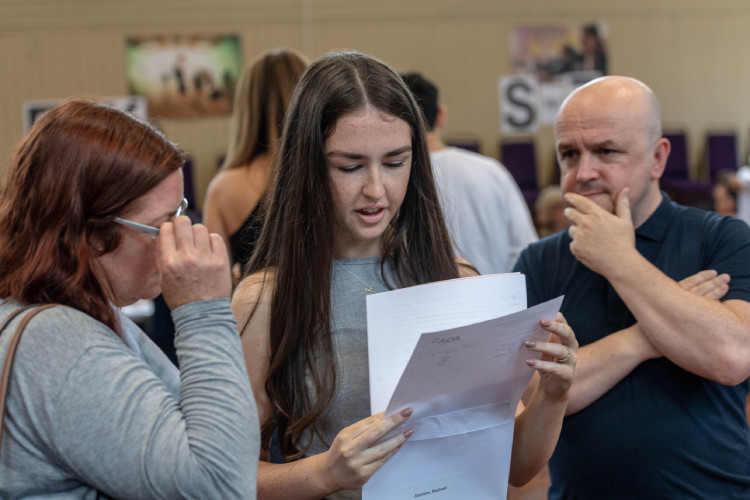
Best Memorisation Techniques in 2024?
Our Top 9 Best Memorisation Methods to learn content (for that Grade 9 😉) in 2024:
1. Pomodoro - A tried and tested memorisation technique:
Break larger chunks of content into smaller, more manageable pieces – pomodoro technique. Revise for 25 minutes, take a five-minute break. After 2 hours, take a 30-minute break and then start over. The reason for this is that your brain will retain a certain amount of information input. After 25 minutes, your information retention decreases, so taking a break and doing something else for five minutes gives yourself a chance to reset and take in more information again.
2. Create your way:
Use mnemonic devices such as acronyms, rhymes, and visual images to help you remember information. These can be as silly as you want, as long as they help you remember key information!
Do you spend more than 10 minutes looking in the mirror each morning, fixing your hair or doing your makeup? What if you had a flashcard or post-it note with information that you always forget, stuck to the side of the mirror? This could be as simple as a key definition or as complex as a flow diagram of the cell cycle. Consider how long you will be in that area, because there’s no point putting up a load of content that takes longer to read than it does to brush your hair!)
3. Timing it
In 2024, use spaced repetition, where you review the material at increasingly larger intervals of time. Fit it into your study routine so eventually you know the content like the back of your hand!
4. Branching and connecting- An underrated memorization technique
Connect the material to other topics and ideas that you know because contextualising the content to make it make sense means that you not only remember the content, but you understand it more deeply. Make this a go-to in 2024!
5. The Go-to for cramming:
Use flashcards to help you test yourself and retain the content. Cramming isn’t recommended but sometimes you may end up in a situation where you’ve left yourself short of time.
6. Summarise:
Create summaries of the content, such as mindmaps or a single sheet of bullet points on A4. This helps you identify areas of weakness in your knowledge , as well as build confidence in yourself after you realise how much you really know about a topic!
7. Cross-learning:
You are more likely to recall content if you have actively used it in different contexts. Instead of reading and re-reading the same sentences, try rephrasing the information and writing it down – blurting? Your chances of recall are much higher if you interact with the information so discuss it with your friends! If you’re unsure of how something is applied then Google it! Apply what you have learnt into different scenarios. Maybe try teaching your sibling about meiosis or the meaning of a quote from Macbeth.
Basically, just try teaching the material to someone else. A 5 year old, 15 year old and 25 year old is a good shout.
8. Mix it up:
Use audio and visual aids, such as whiteboards, recordings and videos in 2024. Also, try varying your study environment to keep yourself engaged.
9. Don't overdo it:
Take regular breaks during your study time. Burnout is a possibility too, so ensure you’re taking time to rest and refresh as this helps with consistency in the long-term.
Although it may seem beneficial to prioritise revision ahead above everything else, your ability to revise is affected by your health. Therefore, make sure you have a good amount of sleep (6-8 hours), exercise frequently and eat healthily! Use the support of your family and friends as fuel to carry on going and don’t forget to treat yourself to a hot bath or evening strolls.

